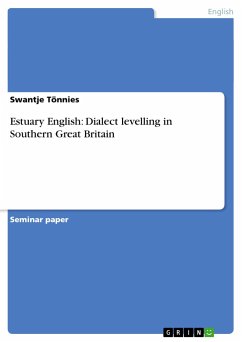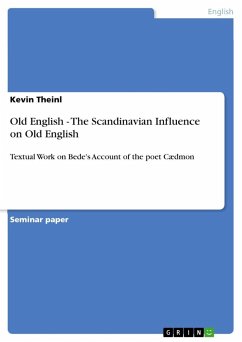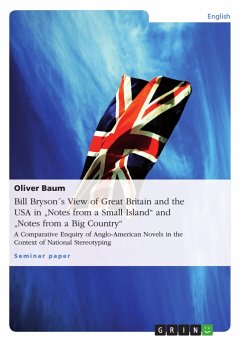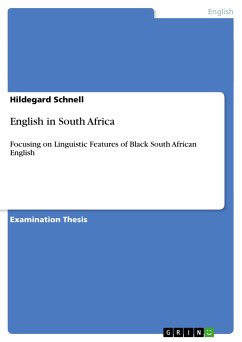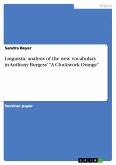Essay from the year 2007 in the subject English Language and Literature Studies - Linguistics, grade: 1.0, University of Duisburg-Essen, course: Old English, language: English, abstract: There are several reasons why the Roman's interest in Britain increased from the beginning of the second century BC. Therefore, I would like to illustrate one of them as an introductory approach to Roman Britain based on the book called Greeks, Romans and Barbarians by Barry Cunliffe. Since Rome had become an imperial power and had destroyed its two most powerful trading rivals, Carthage and Corinth, in 146 BC, the Roman state required a constant flow of raw materials such as iron and bronze. This need, and the endemic militarism of the state, led inevitably to a process of economic exploitation of peripheral areas, followed by conquest (Cunliffe 1988: 10). In this way, as Cunliffe points out, the Roman traders and the army leapfrogged over each other across barbarian Europe, beginning to absorb the largely Celtic tribes into the Roman system from 54 BC to 440 AD when the Romans left Britain due to shrinking empire.


